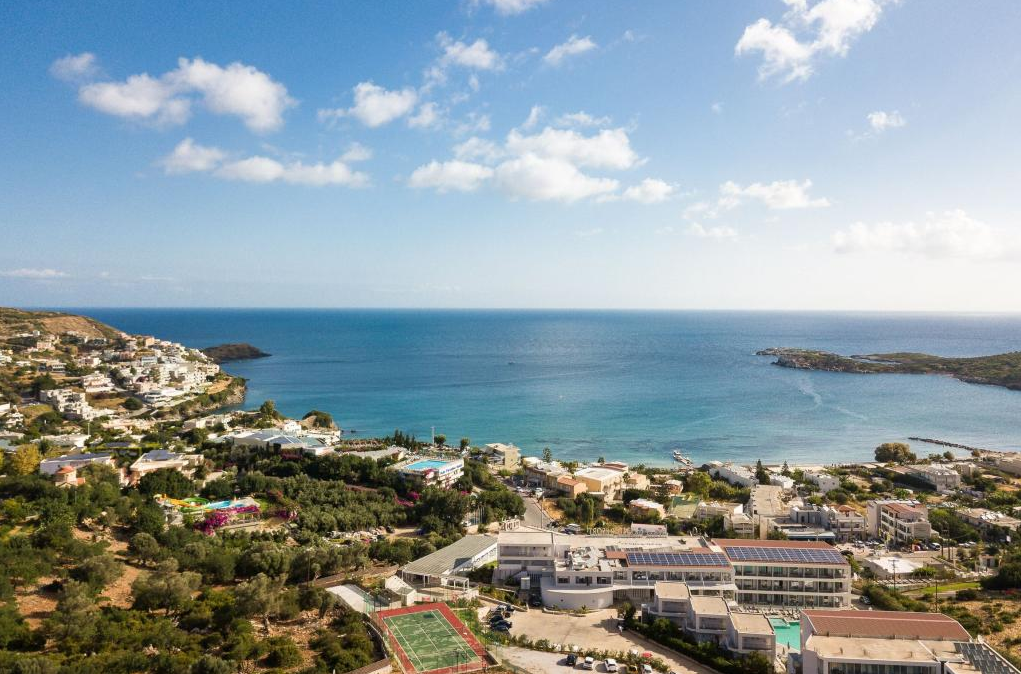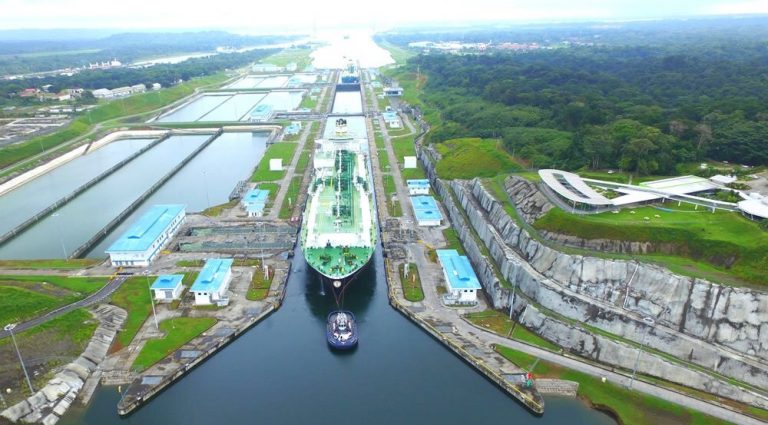The Greek government has appointed a new task force within the National Recovery and Resilience Fund (RRF) to better monitor the “Greece 2.0” Resilience Plan, and enhance coordination.
The unit is scheduled to hold weekly meetings and will be tasked to map out the course of pending projects under the Recovery Fund. The team will follow the progress of the 750 approved projects and all their sub-projects to pinpoint the ones achieving set milestones and targets, as well as the intermediate monitoring steps.
The goal of the Greek authorities is to ensure the most effective monitoring of the completion of specific projects required for submitting payment requests, which is essential for securing all funds from the EU Recovery Fund.
The next major step for the Finance Ministry involves the timely submission of the request for the fifth installment, which is planned to be relayed to Brussels in October. To achieve this, Greece must meet two program targets related to the Recovery Fund. The first involves digitizing at least 30% of public records, and the second requires the public posting of 85% of property ownership rights in the Land Registry.
The expressed goal of the “Greece 2.0” plan is to bolster economic recovery via the introduction of fundamental economic and social reforms, which will affect -apart from the economic activity-, also technologies, attitudes and institutions.
Some of its key investment reforms focus on upgrading energy efficiency of buildings for households, enterprises and the public sector; investments in culture, tourism and the agri-food sector as drivers of growth; upgrading research institutes; and the digital transformation of the State and businesses, Smart Cities, fiber optic infrastructure in buildings.
Source: tovima.com










![Χρυσή λίρα: Έσπασε το φράγμα των 1.000 ευρώ [πίνακας]](https://www.ot.gr/wp-content/uploads/2025/12/lires_xryses_2020-300x300.jpg)



















![Χρυσή λίρα: Έσπασε το φράγμα των 1.000 ευρώ [πίνακας]](https://www.ot.gr/wp-content/uploads/2025/12/lires_xryses_2020.jpg)






